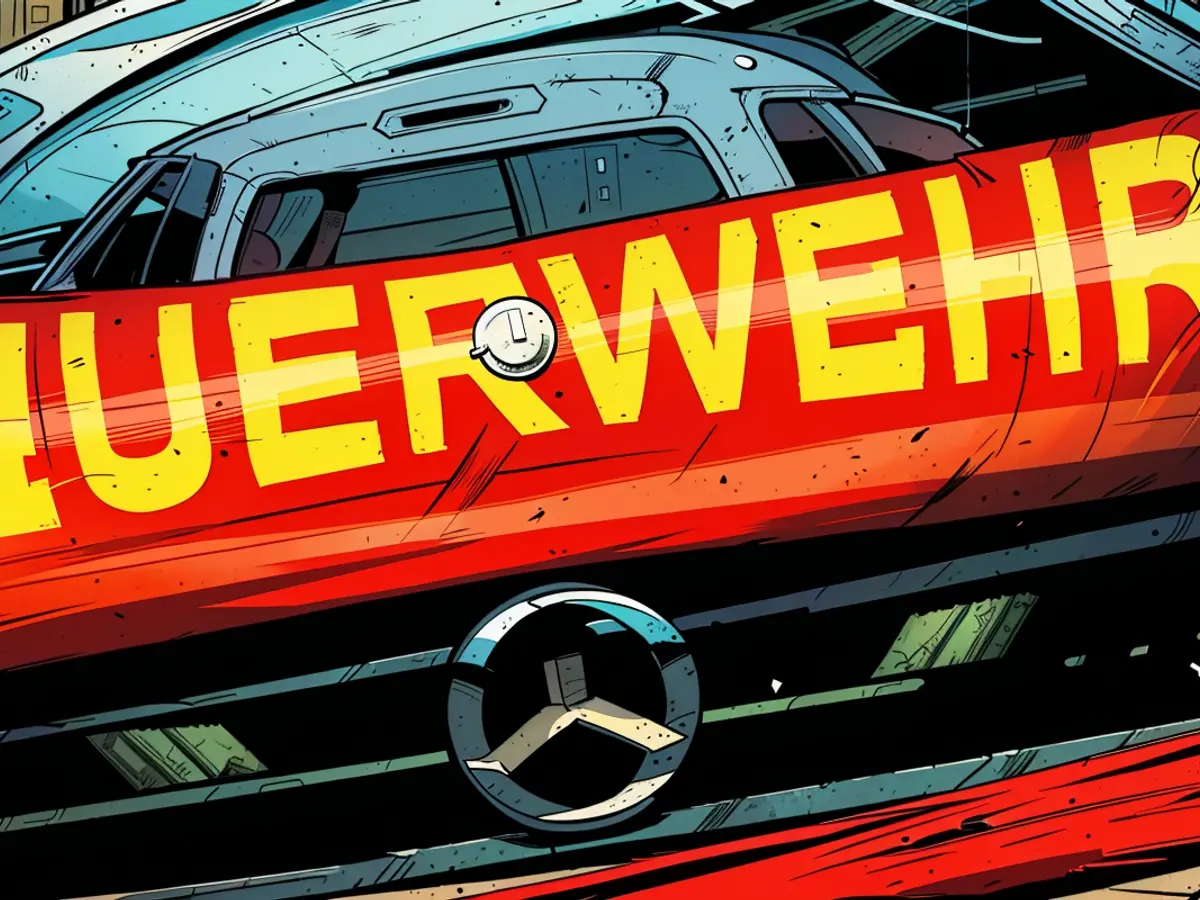- The decline of a modern
Esprit is closing all its stores in Germany. The company's operations are set to be wound down by the end of the year, as announced by the company. Around 1300 employees will lose their jobs. Business outside of Europe is unaffected. The company's parent, Esprit Holding, is based in Hong Kong. However, Germany was its most important market.
A buyer has been found for the European trademark rights. It's the financial investor Alteri and its fashion company CBR Fashion, which owns the chains Street One and Cecil. Esprit will continue as a brand. Products may be available for purchase in Germany at a later date, although details are not yet known. The stores of the once-giant fashion retailer will disappear from the streets.
Several brands are struggling
The fashion industry is facing tough times, with a wave of insolvencies recently. Companies such as Galeria Karstadt Kaufhof, Peek & Cloppenburg, Gerry Weber, and Scotch & Soda have filed for insolvency. Retailers have been suffering from consumer caution for some time. According to a recent Idealo survey, consumers are cutting back more on clothing than on other consumer goods.
Like other retail companies, Esprit has also been affected by the COVID-19 pandemic. The company filed for protective shield proceedings for several German subsidiaries in spring 2020. While textile, clothing, and footwear retail sales have recently been slightly above 2019 levels, many retailers are earning significantly less due to increased costs for energy, personnel, and rents.
Adding to the challenges, more consumers are shopping online and not in stores. Asian providers like Shein and Temu are increasing pressure with their cheap offerings and displacing part of the entry-level price segment. While the online boom has subsided, the share has stabilized at a high level, especially in fashion and clothing. According to figures from the recently published Online Monitor by the retail association, around 20 billion euros, or just under a quarter of the total online turnover in Germany, is generated in this sector. The online share of the total market for fashion and clothing is over 40 percent - more than any other area. Meanwhile, stationary sales have fallen by around 17 percent since 2019.
In the stationary trade, less turnover is generated on the same area, says expert Marco Atzberger from the EHI Retail Institute. Large providers like Zara and H&M started reducing the number of their stores years ago. "Other providers have only reacted later or cannot react quickly due to ongoing rental contracts," says Atzberger. This leads to imbalances and insolvencies in well-known brands, such as Esprit.
"Thirty years ago, Esprit was a huge deal, maybe the brightest brand in Germany," says Axel Augustin, managing director of the textile, shoe, and leather goods trade association. Since then, many fashion brands have disappeared, and new ones have emerged, such as Zara. Esprit's sales have been declining steadily.
Esprit has long lost its former significance. According to EHI, the holding in Hong Kong has been in the red for six out of seven years since 2017, with losses of 2.3 billion euros in 2023. Sales have steadily declined in recent years, partly due to a significant reduction in the branch network. In 2010, there were still over 1,100 of its own stores worldwide, but by 2023, this had shrunk to 147. In Germany, the company had around 180 stores in 2011, but this number has since fallen to less than 60.
In addition to its own stores, there were 60 franchise stores, most of which were operated by the PTH Group. The fashion franchiser terminated its contract with Esprit in the spring and converted many stores to other formats.
"Esprit's identity is no longer clear"
Marketing expert Martin Fassnacht from the WHU business school in Düsseldorf says: "The brand was very popular and once considered a cult. But its former glow is gone. It's no longer clear what Esprit stands for." In the industry, the strategic disadvantage is seen in the fact that Esprit's headquarters are in Hong Kong. Decisions are made in Asia and the European market is neglected, says Johannes Berentzen of the retail consultancy BBE. "Investors are now paying the price for this."
Despite facing tough times in the fashion industry, with companies like Gerry Weber filing for insolvency, Esprit's operations in Germany are coming to an end. However, the brand itself will continue, as financial investor Alteri and its fashion company CBR Fashion have acquired the European trademark rights.








